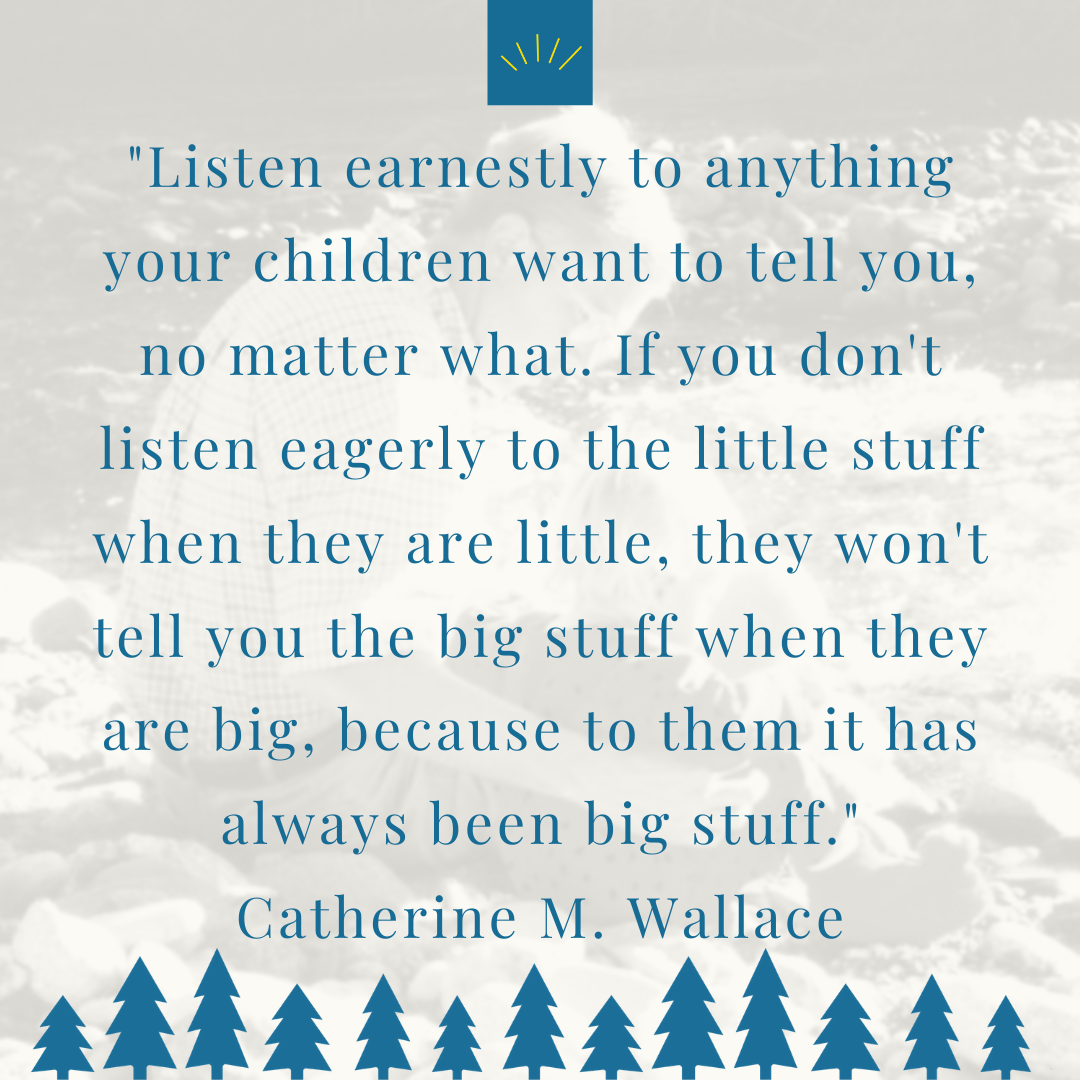 Rapport feels good, generating the harmonious glow of being simpatico, a sense of friendliness where each person feels the other’s warmth, understanding, and genuineness. These mutual feelings likely strengthen the bonds between them, no matter how temporary.
Rapport feels good, generating the harmonious glow of being simpatico, a sense of friendliness where each person feels the other’s warmth, understanding, and genuineness. These mutual feelings likely strengthen the bonds between them, no matter how temporary.
-Daniel Goleman, Social Intelligence: The Revolutionary New Science of Human Relationships
After conducting research on children’s social skills and happiness a few years ago, I’ve continued on my quest to figure out techniques camp counselors, teachers, and parents can use to better connect with and relate to our kids.
A Recipe for Rapport
In Daniel Goleman’s Social Intelligence: The Revolutionary New Science of Human Relationships , there’s a chapter on “A Recipe for Rapport.” In a section of the chapter subtitled, “The Glow of Simpatico,” Goleman cites Robert Rosenthal’s research about the three elements required for rapport:
• Mutual attention
• Shared positive feeling
• A well-coordinated non-verbal duet
Says Goleman, “As these three arise in tandem, we catalyze rapport.”
ARISE IN TANDEM?
No wonder people are feeling lonelier and more disconnected than ever. Something as basic to human relationships as building rapport has been rendered extremely difficult by our culture and lifestyle. The very first ingredient, mutual attention, seems extremely hard to come by these days.
“Shared attention is the first essential ingredient” of rapport, says Goleman. If we want to build rapport with our kids (or anyone else), we need to give them our full attention and they need to give us their full attention – at the same time.
Wow.
In my family that is not a very frequent occurrence. Around the dinner table, in the car when devices are put away (and it could be argued that we’re attending to our driving so our child doesn’t really have our full attention), or in the hot tub during an occasional pre-bedtime soak — these come to mind as times when we have each other’s full attention.

But during most of our day-to-day interactions, one or both of us is not paying full attention. Sometimes one of our kids will ask us a question and then walk out of the room before we’ve finished giving them our complete answer.
I often feel this vague underlying anxiety that I have too much information to process and too many virtual communications to respond to. I worry that I spend too much of my time doing things that are a distraction from my real life. I want to pay more attention to the person next to me and the moment I’m in, but it’s a challenge. Even when I put down my phone and look at or listen to my kid who is right in front of me, that text I need to respond to is a distraction I feel taking up brain space. I’m guessing I’m not alone in this feeling?
My kids were babies and toddlers pre-smart phone (and also pre-Facebook and pre-Instagram). My oldest three kids were even pre-email and pre-texting. I had a “car” phone in the late 1990s that was enormous and stayed in the car. It made and received phone calls. Blessedly, I had no impulse to photograph, post, and comment about those early years, because I am certain that if I were a mom to young kids in this era, I would most likely be videoing my child on the slide at the park rather than riding down it with them on my lap.
I’ve always loved the “recorded” aspect of life – going through old photos and letters has always been a treat for me, and I think about wanting to have those mementos in the future – so I deeply understand the desire to try and stop time and record and share those special moments. But as I think about this concept of rapport – a central tenet to building close, connected relationships with our kids – I see even more clearly how one of our biggest obstacles is our distraction.
I also understand, even more clearly, why kids treasure their time at camp and describe forming closer friendships at camp in two weeks than they do all year at school. Camp provides an ideal, distraction-free environment for rapport-building. Without any technology pinging or dinging or distracting, we sit around our campfires for hours, talking and listening and sharing and connecting.
But while the environment is more naturally achieved at an unplugged camp with an un-rushed schedule than in our technology-saturated, busy family lives, I still think we parents can take a cue from camp counselors and start giving our kids our full, undistracted attention. By helping them experience that magical “rapport” that drives the connection between two human beings, we will give our kids one of the most essential and important social skills they’ll need to thrive in relationships and life.
I, for one, am going to focus on giving my kids (and others) my full attention. Because full attention is the first ingredient to rapport, and rapport is a very good thing.
